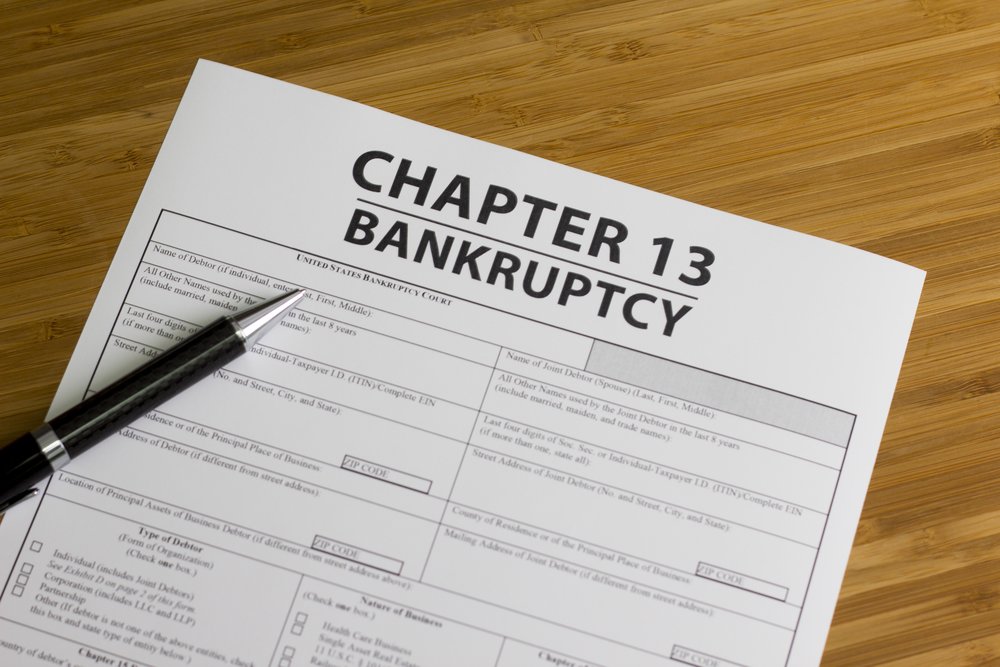
If you’re thinking about filing for bankruptcy, you’re likely hoping to eliminate all of your debts – and that might happen. But different types of financial obligations are treated differently in bankruptcy, and certain debts may remain after your case ends.
The outcome for each of your debts depends upon whether they are secured or unsecured and whether you file under Chapter 7 or Chapter 13. Here, we explain what that means and which debts can be discharged through bankruptcy.
Secured Debts
Secured debts are those that involve some sort of collateral or property you own. Common examples include:
- Mortgages
- Home equity loans
- Vehicle loans
- Some judgments
If you don’t pay a secured debt as indicated by the terms of your contract, the creditor can take your property. Filing for Chapter 7 bankruptcy cannot save you from foreclosure or car repossession – unless you make payment arrangements or pay the creditor the fair market value of the property in one lump sum.
In Chapter 13 secured debts can be reorganized. Foreclosure and repossession can be stopped. Chapter 13 allows you to pay back missed mortgage payments over time without extra interest or penalties accruing. Vehicle loans and other secured debts can be reduced based on collateral value and lower interest charges.
Non-Priority Unsecured Debts
Unsecured debts have no collateral, no property a creditor can take to satisfy the financial obligation. Unsecured claims come in two types: priority and non-priority.
A bankruptcy discharge will wipe out most non-priority unsecured claims, regardless of whether there is a judgment or not, including:
- Medical bills
- Utility bills
- Credit card bills
- Personal loans
Student loans are also considered non-priority claims in bankruptcy. However, unless you can prove hardship – which is difficult to accomplish – the court will not discharge the debt.
Priority Unsecured Debts
Priority unsecured debts will not go away when you file for Chapter 7 bankruptcy. If you owe any of the following, your obligation to pay will remain unless you reorganize the debt through Chapter 13:
- Child support
- Alimony
- Child support
- Certain income, payroll and sales taxes
- Money owed to employees
- Criminal fines
- Liability for personal injury or death
- Overpayment of government benefits
The U.S. Bankruptcy Code gives these claims special treatment. If you have any non-exempt property, the trustee may sell it and use the funds to pay these creditors. If that doesn’t satisfy the debt, you’ll be responsible for the balance owed.
Discharging Debts through Bankruptcy
A bankruptcy discharge will release you from certain financial obligations – and once a debt is discharged, the creditor cannot take any collection action against you.
Figuring out which debts can and cannot be included in bankruptcy isn’t always easy. If you’re struggling to keep up with your bills and want to know whether filing for bankruptcy can ease your money worries, get advice from an experienced lawyer.
The team of bankruptcy attorneys at the Law Office of Davis & Jones, P.C., based in Salt Lake City, has a combined 40 years of legal expertise. We’ve helped over 20,000 Utah residents get a fresh financial start, and we can put you on the path to debt relief.
Make an appointment with a bankruptcy attorney at the Law Office of Davis & Jones today. We’ll discuss your secured and unsecured debts, provide you with guidance and help you make an informed decision about your financial future. Give us a call or contact us and schedule your free bankruptcy consultation now.